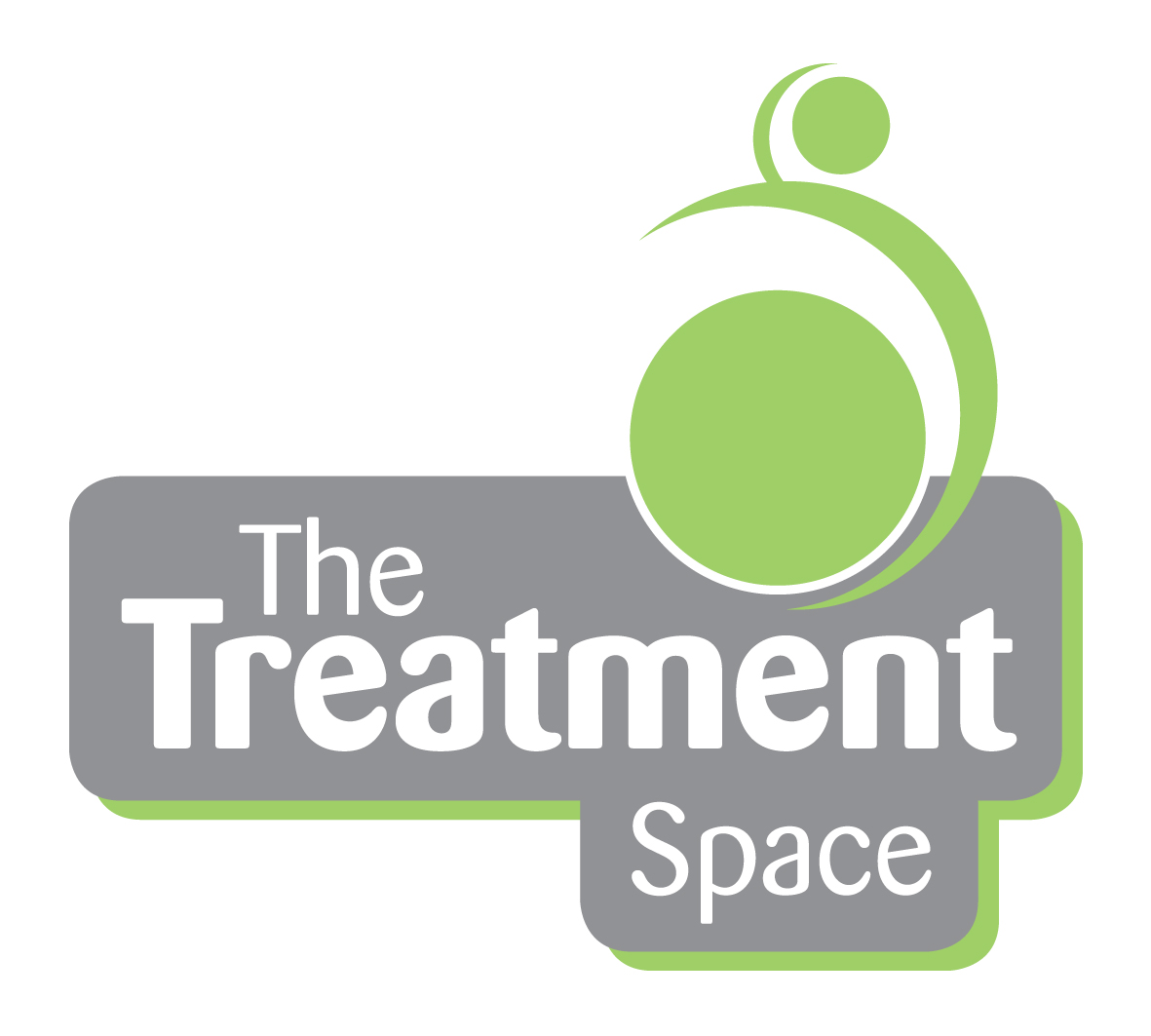Whiplash - controversy and treatment
Whiplash is a controversial injury. Earlier this year Jack Straw (MP) described whiplash as ‘an artificially contrived injury which can’t be proven’ and the Transport Committee discussed the exaggeration of whiplash personal injury claims following road traffic accidents (RTA’s). In Britain 70% of injury claims following RTA are for whiplash, whereas in Germany this is 47% and France 3%. There may well be people who falsely claim for whiplash. But for those genuinely suffering from whiplash, disbelief can make coping with and recovering from the injury even more difficult.
Some of the controversy comes because it is difficult to see the damage sustained. However, the symptoms suffered can be severe. Pain is the major issue associated with whiplash and this can be referred into the neck, head and arms. Other symptoms include dizziness and unsteadiness. Research also now shows that, for many people, a post-traumatic stress reaction to the accident can hamper physical improvement, by causing changes in the nervous system which slow down muscle tissue recovery.
Treatment for whiplash
Treatment can help with muscle relaxation and also re-educating posture to remove strain on the muscles.
Many people with whiplash have very weak neck muscles following the incident and may be afraid of moving. Physiotherapy treatment therefore aims to strengthen these muscles, improve neck control and practise neck movements with normal activities. Manual therapy,(mobilisation), to improve neck movements has also been shown to be effective. As well as reducing symptoms, such treatment can also make recurrent neck pain less likely in the years following a whiplash injury.

